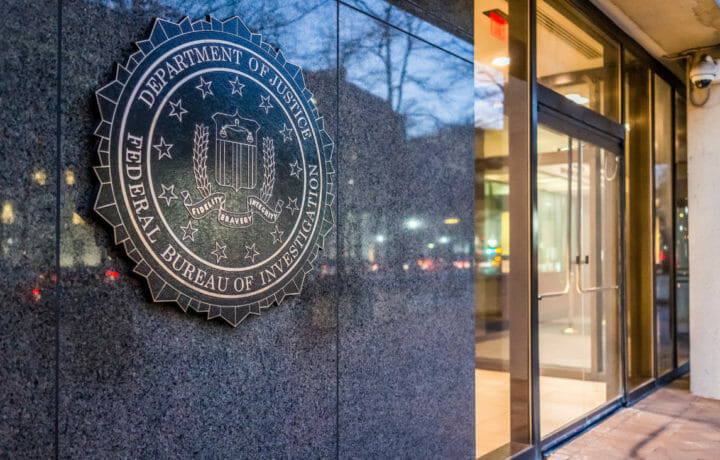The FBI’s security clearance process has certainly been under the microscope this past year. Against that backdrop, I thought it would be timely to look at how the FBI’s security clearance process is supposed to work, and how it differs from what one might experience at other agencies.
Before doing so, however, it’s worth noting some unique suitability requirement that apply to all FBI employees, not just Special Agents. Suitability can best be thought of as a corollary to security or a set of minimum requirements all new hires must meet (and employees must maintain) before even being processed for a security clearance. Some of the FBI’s agency-specific suitability criteria include: no felony convictions; student loan repayments in good standing; all taxes filed; current on any court-ordered child support payments; and adherence to the FBI’s drug policy, which is more stringent than most federal agencies.
Impact of the Polygraph
Assuming an applicant meets those standards and an offer of employment is extended, processing for a security clearance commences. The first step for all applicants is a polygraph examination. Most U.S. government security clearances do not require a polygraph examination, but there are two notable exceptions: all jobs at U.S. Intelligence Community agencies (of which the FBI is one) and certain compartmented programs at other agencies.
As I’ve written about previously, the polygraph examination can cause significant applicant anxiety due to its (false) popular culture perception as a “lie detector” and other urban legends. There are some people who should not take a polygraph examination – including, but not limited to, those with previously undiscovered serious criminal conduct, those who intend to make false statements (a crime), and those with severe anxiety or related mental health issues. However, many applicants will find the experience to be intense but otherwise unremarkable.
Following a successful polygraph examination comes the background investigation process. All FBI employees require a Top Secret security clearance; and, like other Intelligence Community components, the FBI marches to its own drummer on the issue of reciprocity. Applicants with existing clearances from other agencies will generally still undergo the same full-field background investigation as an applicant with no security clearance. Translation: expect a wait.
Investigation and Adjudication
From the applicant’s perspective, the background investigation process itself differs little from what one might experience at other agencies. That means completion of security forms, a similar interview with an investigator, and the same “why is the government asking me about you” phone calls from references unfamiliar with the process. On the back-end, however, I’ve generally observed more thorough and probing investigations than the so-called “box-checking exercises” sometimes found at non-law enforcement agencies. That’s likely because most FBI background investigators are either current or retired Special Agents used to conducting criminal investigations. Conversely, investigator experience at other agencies runs the gamut and can produce a wide variation in investigative quality.
Finally, the adjudication process is where security officials review investigative reports and render a determination as to the applicant’s eligibility for a security clearance. Like the investigative process itself, the applicant’s experience is similar to what one might expect at other agencies: a waiting game. Where things differ are once a decision is made. If the decision is unfavorable, the FBI frequently defaults to rejecting the applicant based on a post-investigation suitability determination rather than denying the security clearance. This is a tactic I’ve reported about previously and one that is becoming unfortunately more common at some federal agencies as a means of minimizing workload. The FBI generally does not grant applicants the right to appeal a suitability denial, which means that there is no due process following a denial – or at least there wasn’t when I retired from law practice last year.
Denial From the FBI Security Clearance Process
If, on the other hand, the Bureau does opt to instead deny the security clearance, this commences the standard appeal process wherein an applicant can request documentation on which the decision was based, appeal in writing, and (if necessary) appeal in person to a Department of Justice-wide panel. Unfortunately, the process is a lengthy one that can easily take a year or more from start to finish. In the meantime, the denial can seriously jeopardize any other security clearances an applicant already holds elsewhere in government. Thus, as I often counseled applicants, some self-awareness and an assessment of one’s risk tolerance are important pre-requisites for applying to IC agencies.
This article is intended as general information only and should not be construed as legal advice. Although the information is believed to be accurate as of the publication date, no guarantee or warranty is offered or implied. Laws and government policies are subject to change, and the information provided herein may not provide a complete or current analysis of the topic or other pertinent considerations. Consult an attorney regarding your specific situation.




